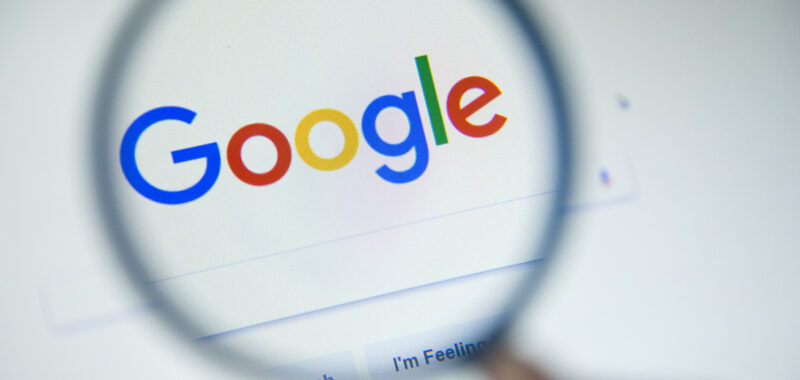
Skift Take
Booking Holdings and Expedia spend billions of dollars each year to have their websites prioritized within Google search results pages, so any overcharging would hit them hard.
A federal judge ruled Monday that Google used its grip on the general search engine market to raise prices for text ads with virtually no constraint â and that hits online travel companies hard.
“The trial evidence firmly established that Googleâs monopoly power, maintained by the
exclusive distribution agreements, has enabled Google to increase text ads prices without any meaningful competitive constraint,” the ruling stated.
Booking Holdings and Expedia are some of Google’s biggest Ads customers in travel, spending billions each year to have their websites prioritized within search results pages.
The ruling was part of an antitrust case that found Google acted illegally to maintain a monopoly in online search and text advertising services.Â
The 277-page ruling, by Judge Amit Mehta of the U.S. District Court for the District of Columbia, says that the tech giant has stifled competition through exclusive contracts that make Google the default search engine for certain browsers and mobile devices.
That, the ruling said, allowed Google to increase ad prices without pushback.
Google has a 90% grip on desktop search and around 95% on mobile devices in the U.S., the court said.
Advertisers expressed reluctance to enter into new or expand existing partnerships with Bing â Google’s largest search engine competitor with around 6% market share â because of Bing’s lack of distribution clout. One unnamed online travel company said it “refused to share its information with Bing given its limited distribution,” the ruling said.
âThe only apparent constraint on Google’s pricing decisions are potential advertiser outcry and bad publicity. Google, however, has managed to avoid those pitfalls by ramping up its pricing incrementally, which has allowed advertisers ‘to internalize prices and adjust bids appropriately,’” Mehta stated in his ruling. âMany advertisers do not even realize that Google is responsible for the changes in price. Thus, through barely perceptible and rarely announced tweaks to its ad auctions, Google has increased text ads prices without fear of losing advertisers.â
In Google’s auctions, advertisers bid on how much they are willing to pay when consumers click on their links, and for placement in search results.
Google Plans to Appeal the Ruling
Google plans to appeal the landmark decision.
âThis decision recognizes that Google offers the best search engine, but concludes that we shouldnât be allowed to make it easily available,” said Kent Walker, president, Google Global Affairs, in a statement. “We appreciate the Courtâs finding that Google is ‘the industryâs highest quality search engine, which has earned Google the trust of hundreds of millions of daily users,’ that Google ‘has long been the best search engine, particularly on mobile devices,’ ‘has continued to innovate in search’ and that ‘Apple and Mozilla occasionally assess Googleâs search quality relative to its rivals and find Googleâs to be superior.’
“Given this, and that people are increasingly looking for information in more and more ways, we plan to appeal. As this process continues, we will remain focused on making products that people find helpful and easy to use.â
A Skift Research report in 2022 found that Booking and Expedia spent $6.8 billion on third-party advertising in 2019. It also estimated that the travel industry spent $8.9 billion on Google performance ads in 2021, up 60% from $5.6 billion in 2020.
And another report in 2020 found that the travel industry may have spent as much as $16 billion advertising on Google in 2019.
The decision was the first of its kind in recent years against a tech giant. The Justice Department and some states sued Google in 2020 over its dominance in online search.Â
Google did not immediately respond to a request for comment.
Booking Holdings and Tripadvisor did not immediately respond. Expedia declined to comment for the time being.
Skift Founding Editor Dennis Schaal contributed to this story.

